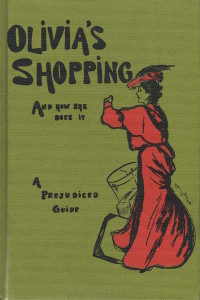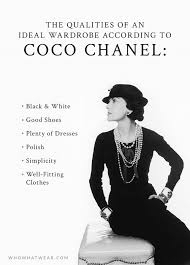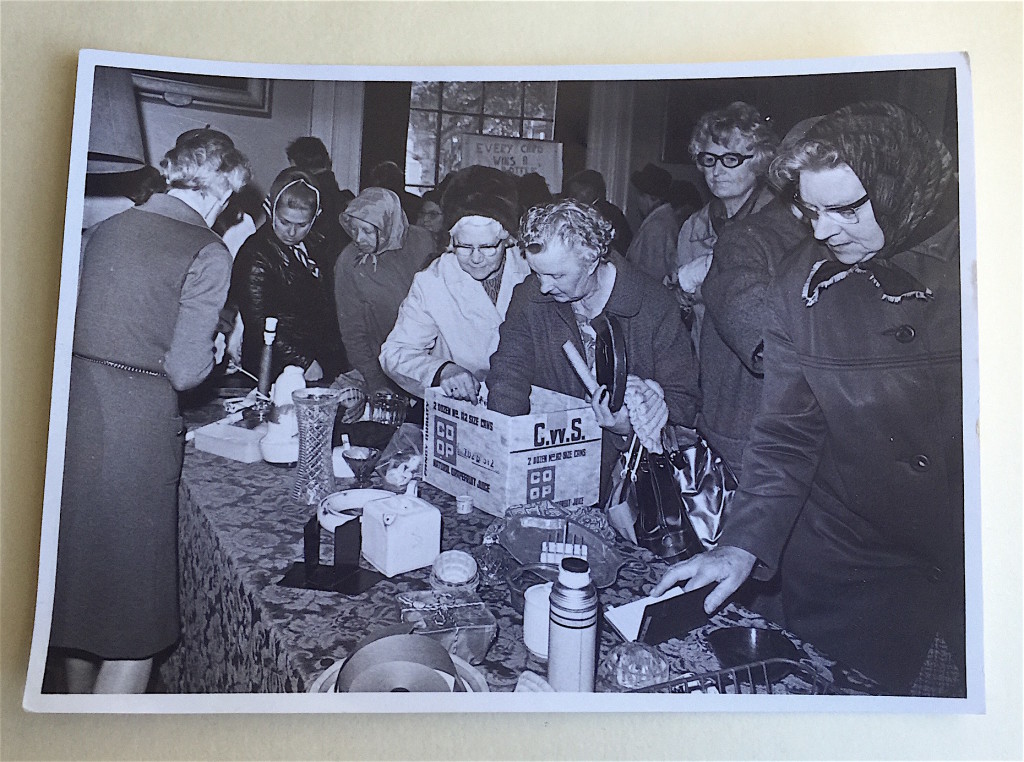Football fans among the Jot 101 community may remember the ridicule which greeted the failure of the childlike Manchester City striker Mario Balotelli, to don a simple training bib. Fans blamed the footballer’s apparent dimness , but his difficulties with clothing recall a syndrome known as ‘dressing apraxia ‘,which, according to the consultant neurologist G. D. Perkin, writing in the British Medical Journal, ‘are graphically described by the novelist Arnold Bennett in Clayhanger*


Bennett ‘s Journals reveals the novelist to have been interested in medicine as it concerned his own chronic poor health , some of the symptoms of which were neuralgic pains, headaches and insomnia, but also that of his father, Enoch. Perkin argues that the ‘dressing apraxia’, clearly demonstrated in Darius Clayhanger’s inability to dress himself, was a reflection of Enoch’s own medical condition. Having failed to identify the disease responsible for the symptoms suffered by both men, Perkin final alighted on Pick’s disease, a rare neurodegenerative condition, a description of which he discovered in a French medical journal of 1928. As this disease is often familial, and according to Bennett’s biographer Margaret Drabble, it was reported to have killed two of his sisters, might the symptoms suffered by Bennett suggest that he too may have been afflicted, though Perkin maintains that the Journals ‘nowhere support the possibility’.
Bennett’s sometimes frantic search for quack remedies for his chronic bad health occasionally placed him in further danger. Could it be that the ill-judgement, a product of the cognitive impairment brought about by Pick’s disease, caused the novelist’s own tragic death. In January 1932, while staying in a Paris hotel, Bennett refused to pay for mineral water in the restaurant and, ignoring the advice of the waiter that this was not a wise thing to do, downed a glass of tap water from the carafe. He was taken ill with typhoid and died two months later. [RR]
*For many months now he had helped Darius to dress, when he came up from the shop for breakfast, and to undress in the evening. It was not that his father lacked the strength, but he would somehow lose himself in the maze of his garments, and apparently he could never remember the proper order of doffing or donning them. Sometimes he would ask, “Am I dressing or undressing?” And he would be capable of so involving himself in a shirt, if Edwin were not there to direct, that much patience was needed for his extrication. His misapprehensions and mistakes frequently reached the grotesque. As habit threw them more and more intimately together, the trusting dependence of Darius on Edwin increased. At morning and evening the expression of that intensely mournful visage seemed to be saying as its gaze met Edwin’s, “Here is the one clear-sighted, powerful being who can guide me through this complex and frightful problem of my clothes.” A suit, for Darius, had become as intricate as a quadratic equation.
 Now that the January sales appear to be in full swing it might be valuable to take the advice of the pseudonymous ‘ Olivia ‘, a copy of whose ‘ prejudiced guide to the London shops ‘of 1906 cropped up in a pile of books. This chatty and opinionated, and possibly American-born, veteran of West End emporia, took retail therapy to new heights in her search for quality, elegance and good value. Here’s what she has to say about the vexed matter of sales.
Now that the January sales appear to be in full swing it might be valuable to take the advice of the pseudonymous ‘ Olivia ‘, a copy of whose ‘ prejudiced guide to the London shops ‘of 1906 cropped up in a pile of books. This chatty and opinionated, and possibly American-born, veteran of West End emporia, took retail therapy to new heights in her search for quality, elegance and good value. Here’s what she has to say about the vexed matter of sales.



